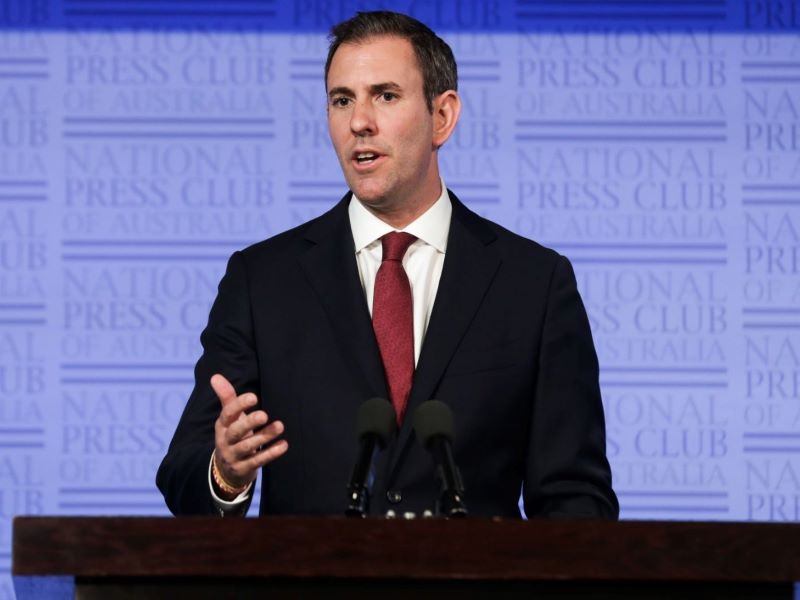The new Labor government has moved to lower the cost of electric vehicles on the first day of Parliament, sending an “unmistakable signal’ about its intent towards the technology, Treasurer Jim Chalmers said.
Mr Chalmers introduced the Electric Car Discount Bill 2020 on Wednesday morning, the first sitting day under the new government. The bill serves to scrap the fringe benefits tax on electric vehicles made available by employers to employees.
This will be “good for motorists, good for employers and their workers and good for climate action”, Mr Chalmers said, and will make these vehicles more affordable in Australia.

“This Electric Car Discount Bill today sends an unmistakable signal to this Parliament, to Australian industry, and to the Australian people and beyond, that Australia now has a government which understands the economics of cleaner and cheaper and more reliable energy and recognises the generational imperative that we have to act on climate change,” Mr Chalmers said in Parliament.
“The bill I introduced today is also about grabbing these opportunities. It implements the Albanese government’s election commitment to provide a fringe benefits tax exemption for eligible electric cars that are made available by employers for employees.
“These measures help reduce the upfront and ownership costs of electric cars addressing a significant barrier to buying them in Australia. It’s one of the first new initiatives in the government’s plan to improve electric vehicle uptake.”
If the bill passes Parliament, it will amend the Fringe Benefits Tax Assessment Act 1986 to exempt from the fringe benefits tax the use of eligible electric vehicles handed to employees by employers.
It will apply to battery electric cars, hydrogen fuel cell electric cars and plug-in hybrid electric cars, with a first retail price below the luxury car threshold for fuel efficient cars, which is $84,916 in 2022-23, first made available for use on or after July 1, 2022.
According to Mr Chalmers, if an EV valued at about $50,000 is provided by an employer, the exception would save them up to $9000 per year. For an individual using a salary sacrifice arrangement to pay for the same model, they would save up to $4700 annually, he said.
The exemption will also soo increase the number of secondhand EVs on the market due to the high turnover rate of fleet vehicles.
The fringe benefits tax exemption is an ongoing measure and will be reviewed after three years. It will cost more than $200 million over the forward estimates.
The policy was part of Labor’s EVs election pledge, which also included the removal of the 5 per cent import tariff for eligible vehicles, and to develop Australia’s first national Electric Vehicle Strategy.
“The transport sector is one of the fastest-growing sources of emissions in Australia and the stronger uptake of electric vehicles can make a substantial impact in our efforts to tackle climate change,” Mr Chalmers said.
“Importantly – as families struggle with the rising cost of fuel – encouraging more affordable EVs into the market is an important step in addressing transport costs over the medium term and building resilience to global oil prices.
“Right now Australia lags far behind our international peers when it comes to electric vehicle use. This legislation will encourage greater take up of electric cars and contribute to reducing transport emissions.”
Do you know more? Contact James Riley via Email.

